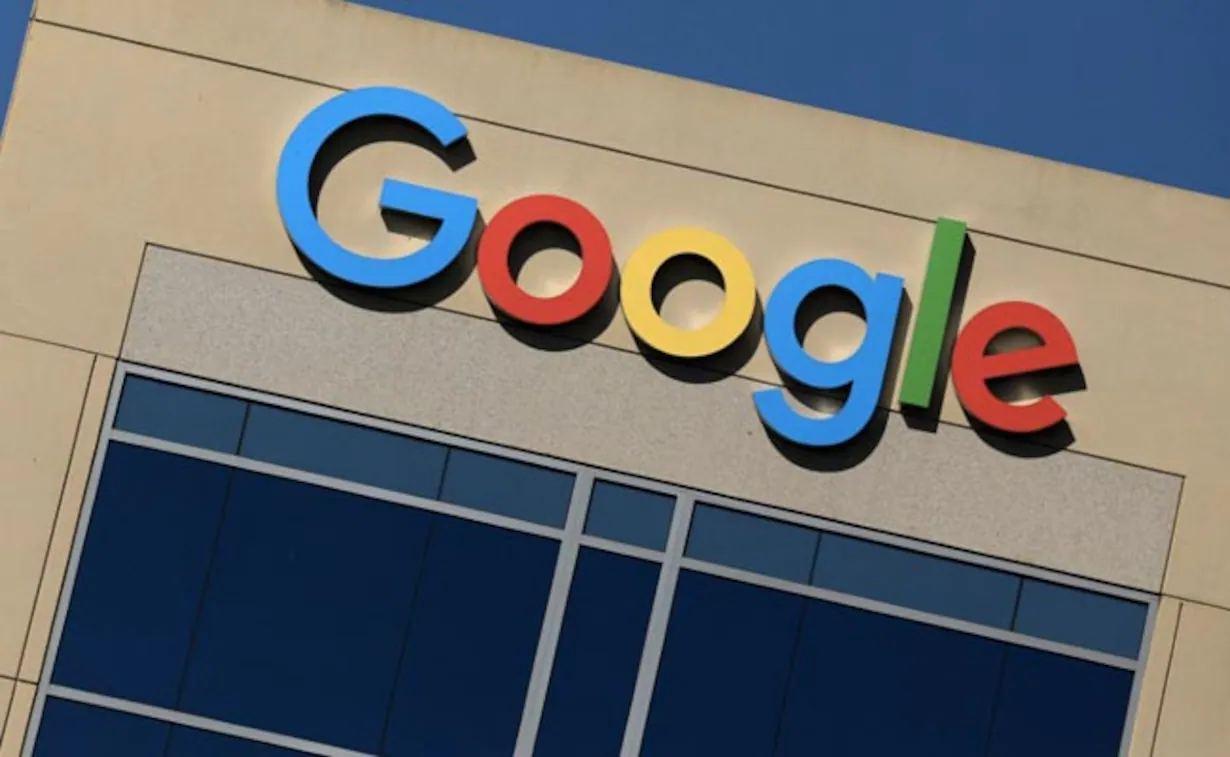
Google's competitors lose ground at the start
February 17, 2023Google means "Internet search" to people. The name has become so popular that it controls 92% of the global search market. Google has what economists call a natural monopoly. They are not the only search engine; Microsoft's bing, yahoo search, duckduckdo, startpage, and other search engines exist but are less popular and less threatening to google.
Amassing such dominance is not easy for Google, which has reigned for more than 15 years and made a staggering net profit of $76 billion last year. Its parent company, Alphabet, has invested billions of dollars in building and maintaining the infrastructure of servers, storage systems, bandwidth, and hardware that support the fastest search on the web. In particular, Google's search speed is between 0.06 and 0.12 seconds, giving it an advantage over competitors.
In addition, Google's initiatives and innovations have been planned to provide search solutions and keep its users captive on its site. Google tools such as Google Maps, Google Earth, and Google News simplify navigation and provide exceptional service to its users. Google has integrated its application with the Android operating system, which allows it to reach more consumers and offers advertising space to marketers, giving it a competitive advantage.
Catching up with Google will be difficult for other competitors, who will find it hard to invest heavily in infrastructure and offer cheap services. Google entered the market in 2000 when Yahoo unwittingly introduced it to the world by using its web crawler and PageRank algorithm to generate search results. Since then, Google has maintained its lead and remained competitive with little speculation of losing the game.
